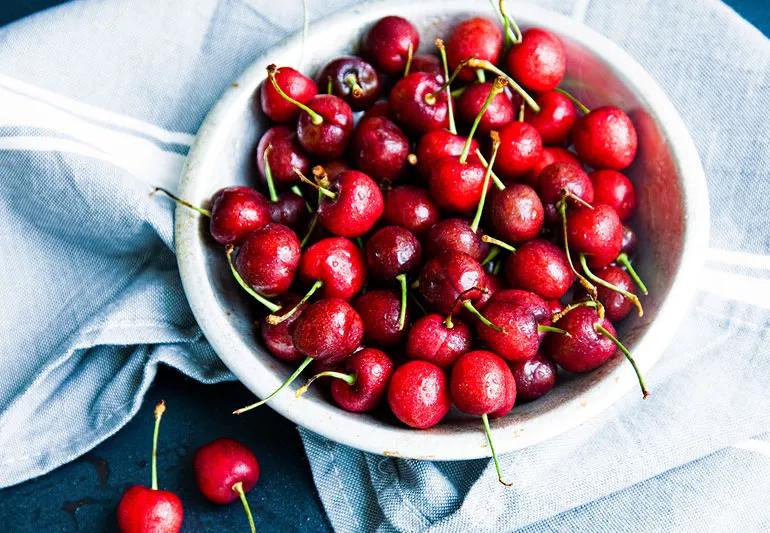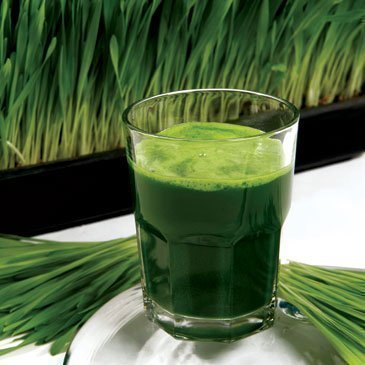10 Methods for Managing Uric Acid Levels
Uric acid, a byproduct of purine breakdown from specific foods like mushrooms, anchovies, organ meats, beer, and wine, is excreted from the body through various pathways including the blood, kidneys, and urine. However, an excess of uric acid or insufficient elimination may lead to its accumulation in the bloodstream, a condition known as hyperuricemia.
As uric acid transforms into urate crystals within the body, it can aggregate around joints and soft tissues, causing discomfort, inflammation, and conditions such as gout—a form of arthritis commonly affecting the feet and toes. Notably, hyperuricemia can also result from certain cancer treatments or the presence of cancer itself. Elevated uric acid levels may indicate underlying health issues like diabetes, hypoparathyroidism, kidney stones, kidney failure, and bone marrow disorders.
For individuals suspecting hyperuricemia, consulting a healthcare professional is essential to confirm the diagnosis and formulate a treatment plan. While hyperuricemia is not generally severe, it can serve as a precursor to more critical ailments. Treatment focuses on reducing blood uric acid levels through medications or alterations in lifestyle and dietary habits.
Below are ten natural strategies to regulate uric acid levels effectively:

- Apple Cider Vinegar
Derived from fermented apples or apple cider, organic, unpasteurized apple cider vinegar serves various purposes like culinary use, skin and hair care, and promoting health. Rich in essential minerals, amino acids, antioxidants, and acetic acid, apple cider vinegar is believed to aid in gout treatment by breaking down uric acid crystals. Regular consumption may alleviate joint inflammation and symptoms of hyperuricemia and gout.
To maximize benefits, opt for unpasteurized, organic, raw apple cider vinegar. Mix a teaspoon in a glass of water and consume two to three times daily, ensuring it is diluted to prevent enamel damage.

- Lemon Juice
Originating in Asia, lemons, abundant in vitamin C and citric acid, have various medicinal applications and culinary uses. Lemon juice alkalizes once ingested, assisting in neutralizing uric acid in the body. Consumption, especially with warm water in the morning and post-meals, can support liver function and reduce uric acid levels.
For further alkalization, blend half a tablespoon of baking soda with two tablespoons of lemon juice in water, ensuring full dissolution before consumption.

- Cherries
Belonging to the Rosaceae family, cherries are rich in essential nutrients and contain anthocyanins, potent antioxidants believed to reduce blood uric acid levels effectively. Incorporating half a cup of tart cherries into your daily diet can aid in mitigating uric acid levels. Alternatively, cherry juice can be produced by blending and straining cherries, with a teaspoon of honey for added sweetness. - Baking Soda
Known for its pH-balancing properties, baking soda can counteract acidity in the body, aiding in eliminating uric acid build-up. Mixing half a teaspoon in water and consuming up to four glasses daily for a maximum of two weeks can assist in reducing uric acid levels. - Olive Oil
Extracted from olives, olive oil boasts various health benefits, including anti-inflammatory properties that aid in combating uric acid accumulation. Incorporating olive oil into your diet as a healthier fat alternative or consuming 1-2 tablespoons daily can contribute to lowering uric acid levels. - Water
Despite being frequently overlooked, sufficient water intake is pivotal in regulating uric acid levels. Adequate hydration prevents the formation of uric acid crystals and supports their flushing from the body, reducing the risk of gout attacks. Aim for eight or more glasses of water daily, replacing sugary beverages with water for optimal benefits. - Low-Purine Diet
A diet low in purines, such as the Mediterranean diet, emphasizes whole foods like fruits, vegetables, whole grains, legumes, nuts, olive oil, herbs, spices, fish, poultry, and red wine. Prioritizing low-purine foods over high-purine options like organ meats, red meat, seafood, and alcohol can aid in managing uric acid levels effectively. - High-Fiber and Starchy Carbohydrates
Rich in dietary fiber, foods like whole grains, vegetables, fruits, legumes, and starchy carbohydrates aid in regulating digestion and promoting regularity. Soluble fiber assists in sugar and cholesterol management, while starchy carbohydrates offer sustained energy and necessary nutrients. Including these foods in your meals can aid in uric acid elimination through waste products. - Dairy Products
Dairy products like milk, cheese, and yogurt contain essential nutrients that benefit bone health and may aid in reducing uric acid levels. Treating dairy products as a low-purine source of protein can facilitate the removal of uric acid from the body, supporting overall health. - Wheatgrass Juice
Regarded as nature’s health tonic, wheatgrass juice is rich in chlorophyll, vitamins, and minerals, offering numerous health benefits including detoxification and hormonal regulation. Consuming wheatgrass juice on an empty stomach can assist in restoring blood alkalinity, thereby effectively reducing uric acid build-up.

Incorporating these natural methods into your routine can aid in managing uric acid levels effectively and promoting overall well-being.

